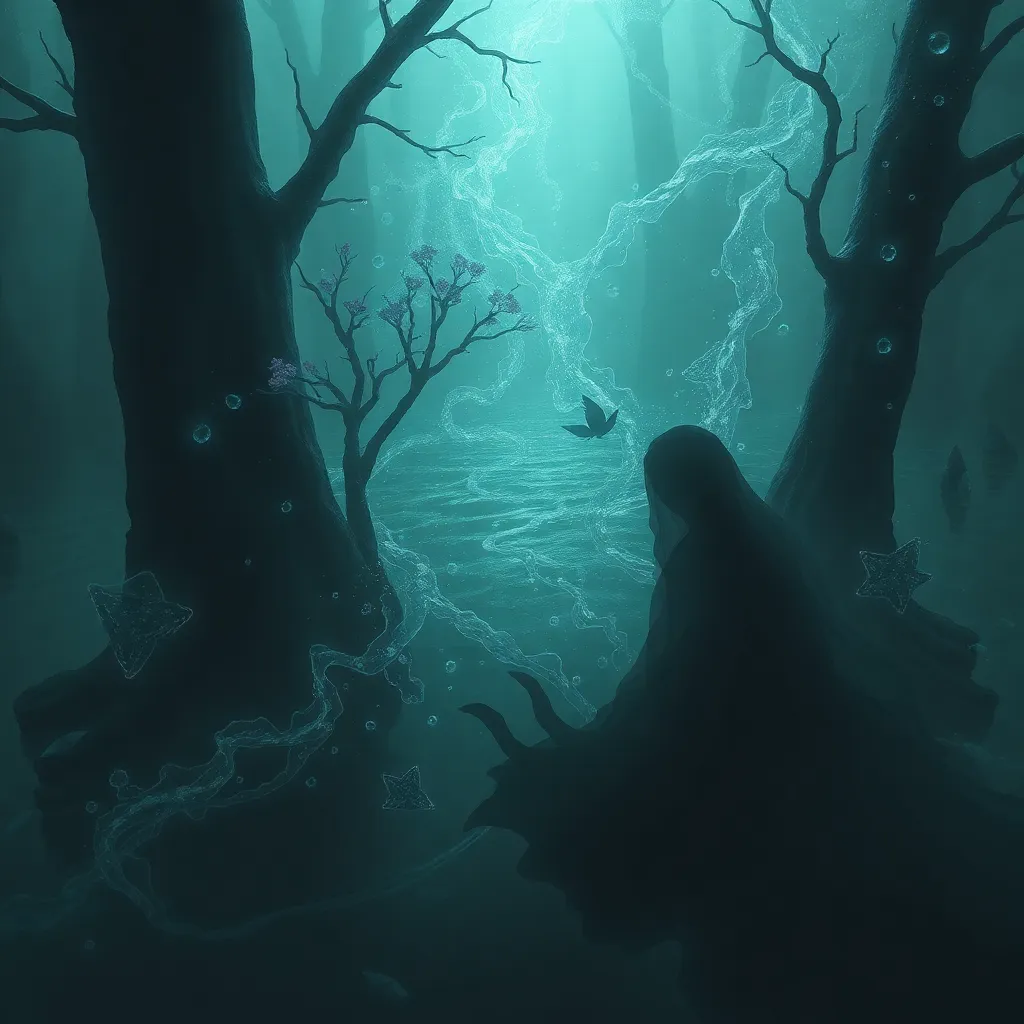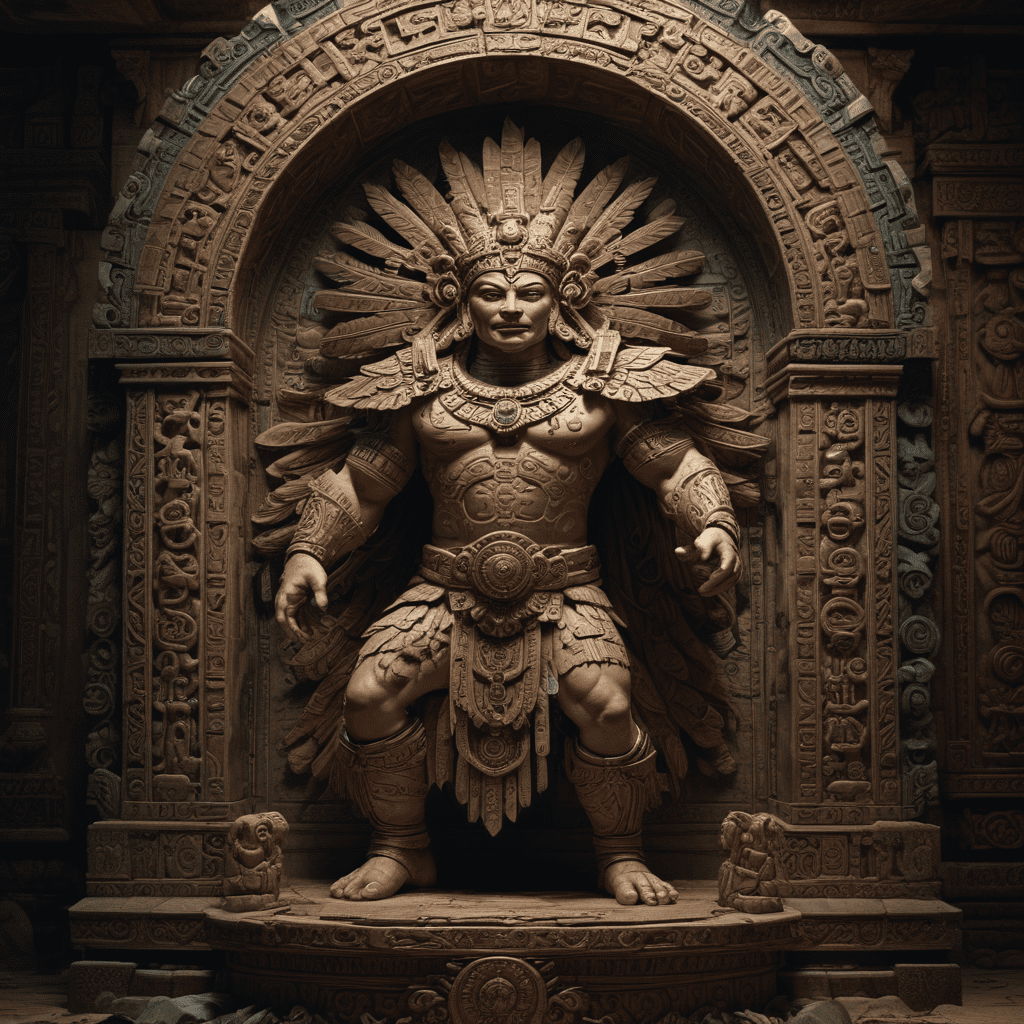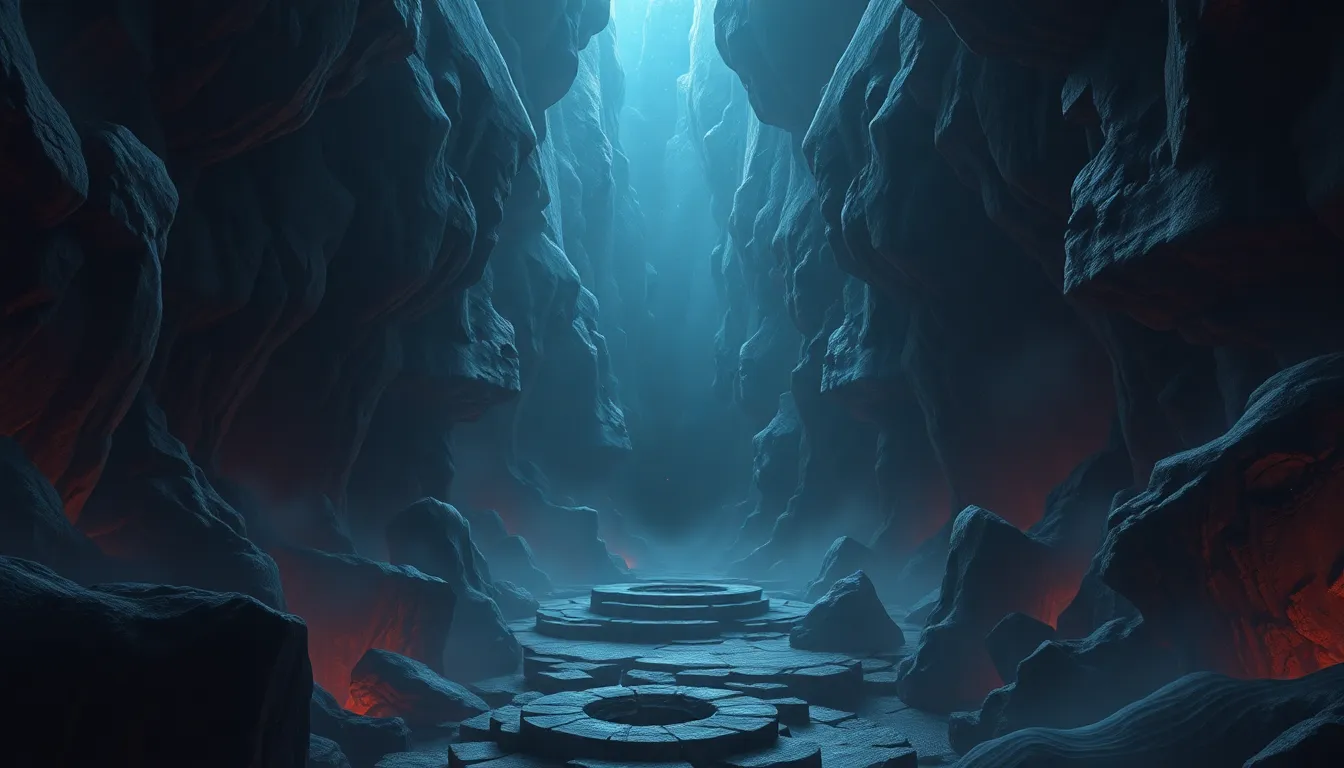The Great Awakening: Creation Myths That Inspire Change
Introduction to the Great Awakening
The Great Awakening refers to a series of religious revivals that swept through the American colonies in the 18th century. This movement was characterized by widespread religious fervor, which sought to rekindle a passion for spirituality among the populace. It emerged against the backdrop of Enlightenment thinking, which emphasized reason and scientific inquiry, often at the expense of faith.
The significance of the Great Awakening extends beyond the spiritual realm; it had profound implications for social and political life. It fostered a sense of communal identity among colonists, encouraged individualism, and laid the groundwork for later social reform movements, including abolition and women’s rights.
Understanding Creation Myths
Creation myths are foundational narratives that explain the origins of the world, humanity, and its cultures. They serve multiple purposes, including providing moral guidance, establishing societal norms, and fostering a sense of identity among people. Across various cultures, these myths often reflect the values and beliefs that societies hold dear.
- Definition: Creation myths are stories that describe how the universe and life began.
- Purpose: They often aim to explain the unexplainable, instill moral lessons, and provide a framework for understanding human existence.
Through the lens of mythology, societies can articulate their collective values and beliefs, shaping their understanding of the world and their place within it.
The Role of Creation Myths in the Great Awakening
During the Great Awakening, creation myths played a pivotal role as catalysts for social change. These narratives inspired individuals and communities to reassess their beliefs and engage in transformative actions.
Some notable examples include:
- The revivalist emphasis on personal salvation as a new beginning.
- Myths of divine intervention that encouraged believers to seek justice and equality.
These stories helped to galvanize movements for social reform, encouraging people to envision a different future based on shared moral and spiritual principles.
Indigenous Creation Myths and Their Impact
Indigenous cultures across the Americas have rich and varied creation stories that impart profound teachings about the interconnectedness of life and the responsibility humanity bears towards nature.
For instance, many Indigenous narratives emphasize the importance of harmony with the earth and the community. These stories have become central to contemporary Indigenous movements that advocate for environmental conservation and social justice.
Case studies of Indigenous movements influenced by these myths include:
- The Standing Rock protests against the Dakota Access Pipeline, highlighting the sacredness of water.
- The push for recognition of land rights and cultural heritage among Native American tribes.
Christian Creation Myths and the Great Awakening
Christianity’s creation narratives, particularly those found in the Book of Genesis, have significantly influenced the Great Awakening. Revivalist preachers emphasized themes of rebirth and redemption, drawing parallels to the creation of the world.
The role of revivalist preachers, such as George Whitefield and Jonathan Edwards, was crucial in spreading these narratives. Their passionate sermons inspired communities to seek a personal relationship with God and to act upon their faith in the public sphere.
Creation Myths from Other Cultures
Creation myths are not limited to Western traditions; many non-Western cultures have their own narratives that convey powerful messages. For example:
- The Hindu creation myth of Vishnu and the cosmic ocean illustrates the cyclical nature of existence.
- The African creation story of Nyame and the sky emphasizes the connection between the divine and the earth.
These narratives have inspired contemporary social justice movements, reinforcing themes of equality, community, and the need for systemic change.
The Psychological Impact of Creation Myths
Creation myths have a profound psychological impact on societies. They shape collective identity and foster resilience during times of upheaval. By providing a context for understanding suffering and hardship, these myths can help communities to endure and thrive.
Some psychological benefits of mythological narratives include:
- Fostering a sense of belonging and community.
- Inspiring hope and resilience in the face of adversity.
- Providing a shared narrative that unites individuals towards a common goal.
Modern Interpretations of Creation Myths
Contemporary thinkers often reinterpret creation myths to address modern social issues. Activists and leaders draw parallels between ancient stories and current struggles for justice, equality, and environmental sustainability.
This fusion of ancient narratives with modern activism has resulted in powerful movements that resonate with diverse audiences, reinforcing the timeless nature of these myths.
Challenges and Critiques of Creation Myths
While creation myths can inspire change, they also face challenges and critiques. Postmodern and secular perspectives often question the validity of these narratives, arguing that they can be misused to justify harmful ideologies or practices.
Critiques include:
- The potential for oversimplification of complex social issues.
- The risk of appropriation and misinterpretation of cultural narratives.
Conclusion: The Future of Creation Myths in Inspiring Change
As we navigate the complexities of the modern world, the relevance of creation myths in inspiring change remains undeniable. These narratives continue to resonate with individuals and communities seeking meaning and direction in their lives.
In conclusion, recognizing and harnessing the power of myth can play a crucial role in future social change initiatives. By understanding the lessons embedded in these stories, we can cultivate a more just and equitable society that honors our shared humanity.



